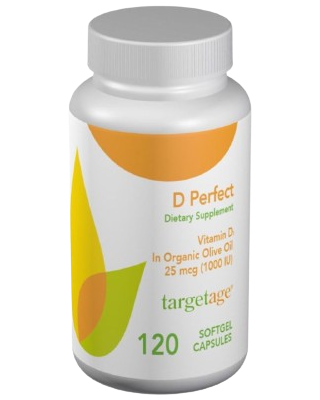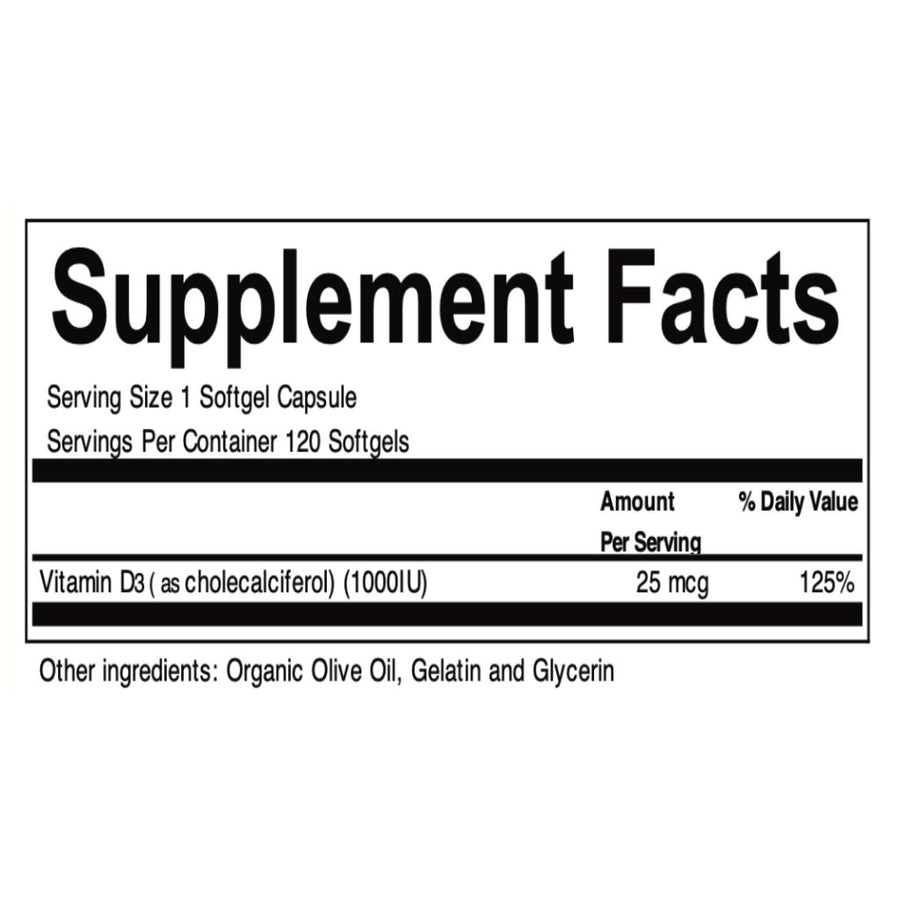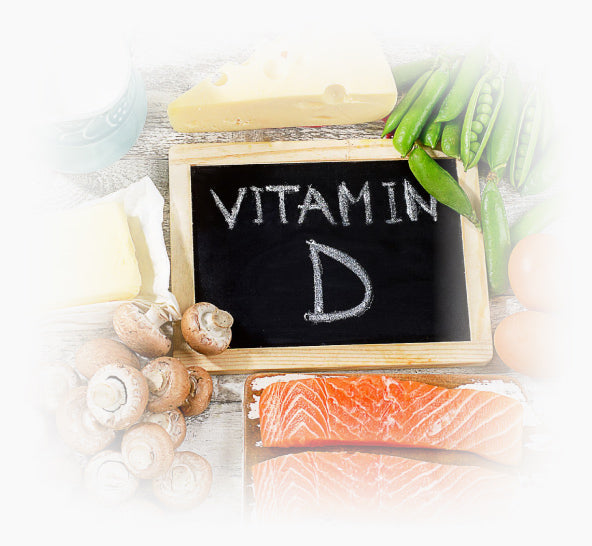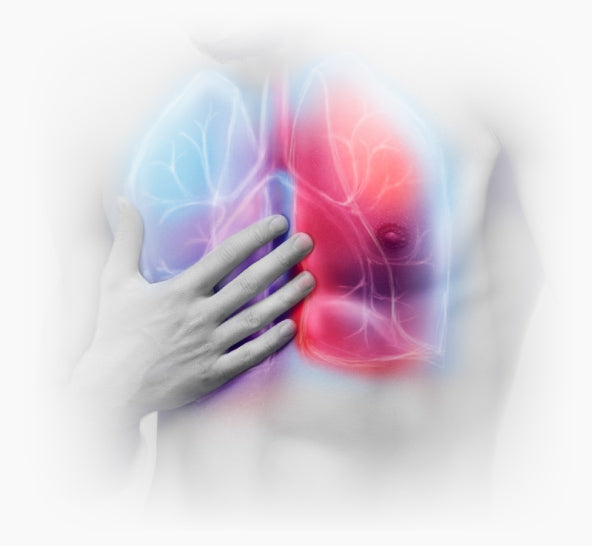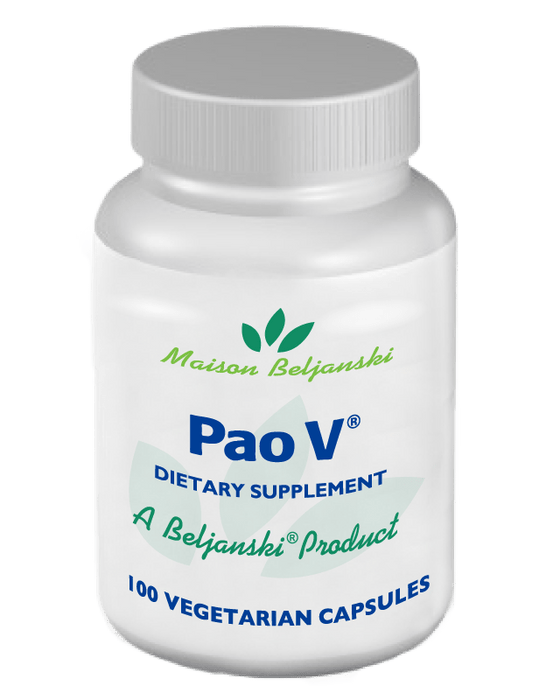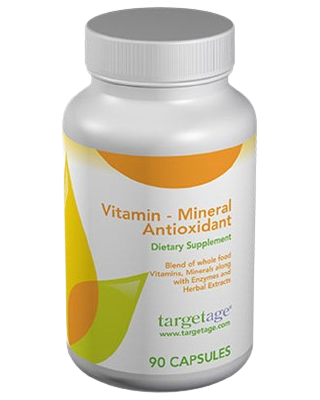
Product Details
According to many experts, about 15 minutes of sun exposure per day is enough for a daily intake of vitamin D. But this vague recommendation does not consider the importance of clothing or wearing sunscreen (it has been reported that a lotion with a 30 UV index can inhibit 95% of vitamin D synthesis). Those with darker skin may need to double or triple sun exposure to synthesize the same amount of vitamin D, as melanin inhibits vitamin production. As a result, people are at increased risk of vitamin D deficiency.
Even though more than 90% of our daily needs of Vitamin D can be met through our skin’s exposure to the sun, inadequate intake remains all too prevalent, especially during the winter months when exposure may be limited. According to the International Osteoporosis Foundation, osteoporosis, or low bone mass, affects as many as 75 million people in the U.S., Europe and Japan and causes approximately 9 million fractures annually.1 This may be connected to insufficient Vitamin D supply. For this reason, Vitamin D supplementation is becoming increasingly necessary to maintain optimal health.
Vitamin D helps contribute to normal calcium levels in the blood.*
Content: 120 softgel capsules
Suggested Use: As a dietary supplement, take 1 capsule per day with a meal or as recommended by a healthcare practitioner. Do not exceed the recommended daily dosage. Food supplements should not be used as a substitute for a varied diet and a healthy lifestyle.
Recommendations: Keep out of reach of children. Consult a healthcare practitioner before use if you are pregnant, nursing, have a medical condition or are taking any prescription medication. Our formulation does not contain any known allergens. However, while our Manufacturers take steps to minimize the risk of any cross contact, we cannot guarantee that any of our products do not contain trace amounts of, and are safe for consumers with peanut, tree nut, soy, milk, egg, shellfish or wheat allergies.
References:
1. International Osteoporosis Foundation. “Facts and Statistics.” iofbonehealth.org. International Osteoporosis Foundation, n.d. Web. 12 Dec. 2012.
Benefits
Our Story Behind The Product
The Sunshine Vitamin
Vitamin D, also known as the “sunshine vitamin”, is actually a vitamin and a hormone, which can be made in the body.1 Maybe because it can be obtained by simply taking a walk around the block, it is often overlooked and millions of Americans suffer from a deficiency of this essential vitamin.
Sources Of Vitamin D
The main sources of vitamin D are sunlight exposure (where it is synthesized in the skin) and foods or dietary supplements. Between the months of April and September, skin synthesis is the main source of vitamin D for most people.2 Vitamin D is found in modest amounts in some foods, such as salmon, sardines, pilchards, red meat and egg yolks.
Overall Health Benefits
Vitamin D plays an essential role in maintaining healthy bones and teeth as it helps in the absorption of calcium from the diet consumed. According to scientific literature, there are several other important functions of vitamin D for your overall health: It supports immunity, optimum health of the nervous system, diabetes management, better lung and cardiovascular health and much more.*
Vitamin D Deficiency Risks*
Those with vitamin D deficiency may be more prone to infection (specifically respiratory infections) from viruses. Those over 70 years old, as well as individuals with diabetes, or living with obesity (who have a body mass index (BMI) of greater than 40kg/m2) are at higher risk of infections, especially pneumonia and influenza.
